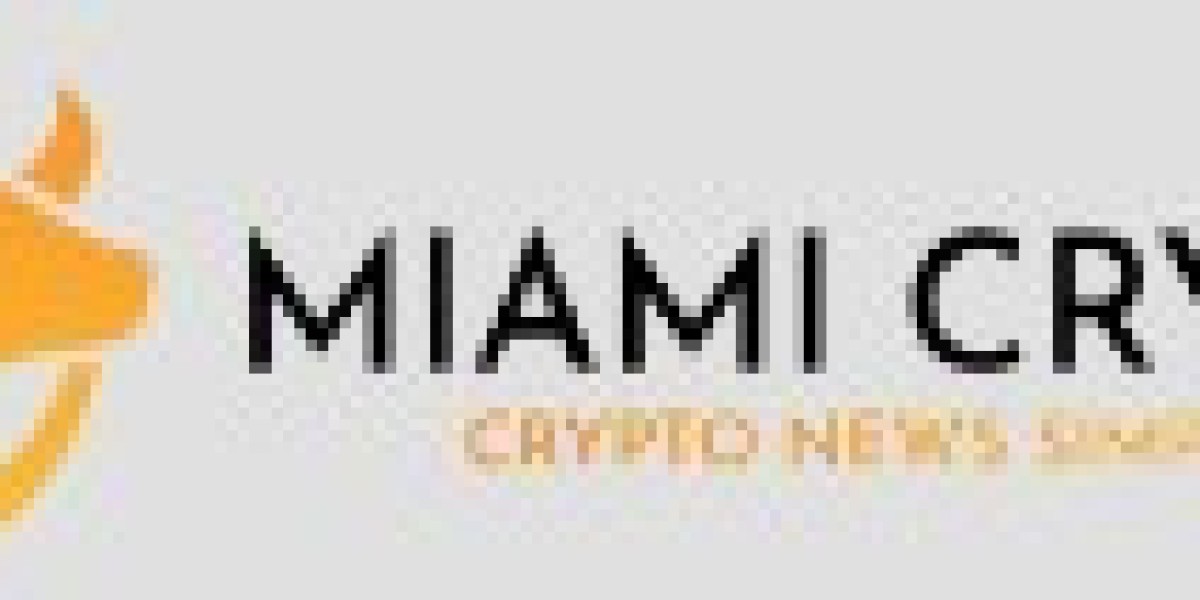In today's digital age, education is undergoing a profound transformation. The integration of technology into the educational landscape has opened up new avenues for both educators and students. One notable example of this transformation is the "Schulportal Brandenburg," a digital platform that has been making waves in the German education system. This article explores the significance, features, benefits, and potential challenges associated with the Schulportal Brandenburg.
The Schulportal Brandenburg: A Digital Hub for Education
The Schulportal Brandenburg is an online platform developed to facilitate communication, collaboration, and resource-sharing among students, teachers, parents, and educational institutions in the state of Brandenburg, Germany. It serves as a central hub for various educational activities, ranging from administrative tasks to interactive learning experiences.
Key Features
Curriculum Resources: The platform provides access to a wealth of curriculum resources, including digital textbooks, interactive lessons, and multimedia content. This enables teachers to enhance their teaching methods and engage students through diverse learning materials.
Communication Tools: The Schulportal fosters better communication between stakeholders. Teachers can interact with students and parents, sharing important updates, assignments, and feedback in a streamlined manner.
Administrative Functions: From managing attendance to handling grades, the platform offers administrative tools that simplify routine tasks for educators. This allows them to focus more on teaching and student engagement.
Personalized Learning: The platform can support personalized learning paths. Students can progress at their own pace, and teachers can adapt their approaches to cater to individual learning styles and abilities.
Collaborative Spaces: Group projects and collaborative learning are encouraged through virtual workspaces. Students can collaborate on assignments, fostering teamwork and digital literacy skills.
Parental Involvement: Parents can stay informed about their child's progress, attendance, and assignments. This increased transparency promotes a stronger home-school connection.
Benefits
Accessibility: The platform's online nature ensures that learning materials and communication are accessible at any time, promoting flexibility in learning.
Engagement: Interactive and multimedia content engages students more effectively, making learning an enjoyable and immersive experience.
Efficiency: Administrative tasks become more efficient, allowing teachers to dedicate more time to instruction and support.
Data-Driven Insights: The platform generates data on student performance, enabling educators to make informed decisions for instructional improvement.
Preparation for the Digital World: Familiarity with digital platforms like Schulportal equips students with skills necessary for the modern workforce.
Challenges
Digital Divide: Not all students may have access to the required technology, potentially exacerbating educational inequalities.
Data Privacy: Safeguarding sensitive student data and ensuring privacy is a significant concern when using digital platforms.
Teacher Training: Educators need proper training to effectively use the platform's features for optimal learning outcomes.
Conclusion
The Schulportal Brandenburg stands as a testament to the integration of technology in education, offering a range of benefits that extend to students, teachers, parents, and the educational system as a whole. As the platform continues to evolve, addressing challenges related to accessibility, privacy, and training will be crucial in realizing its full potential and ensuring an inclusive and effective digital learning environment.



